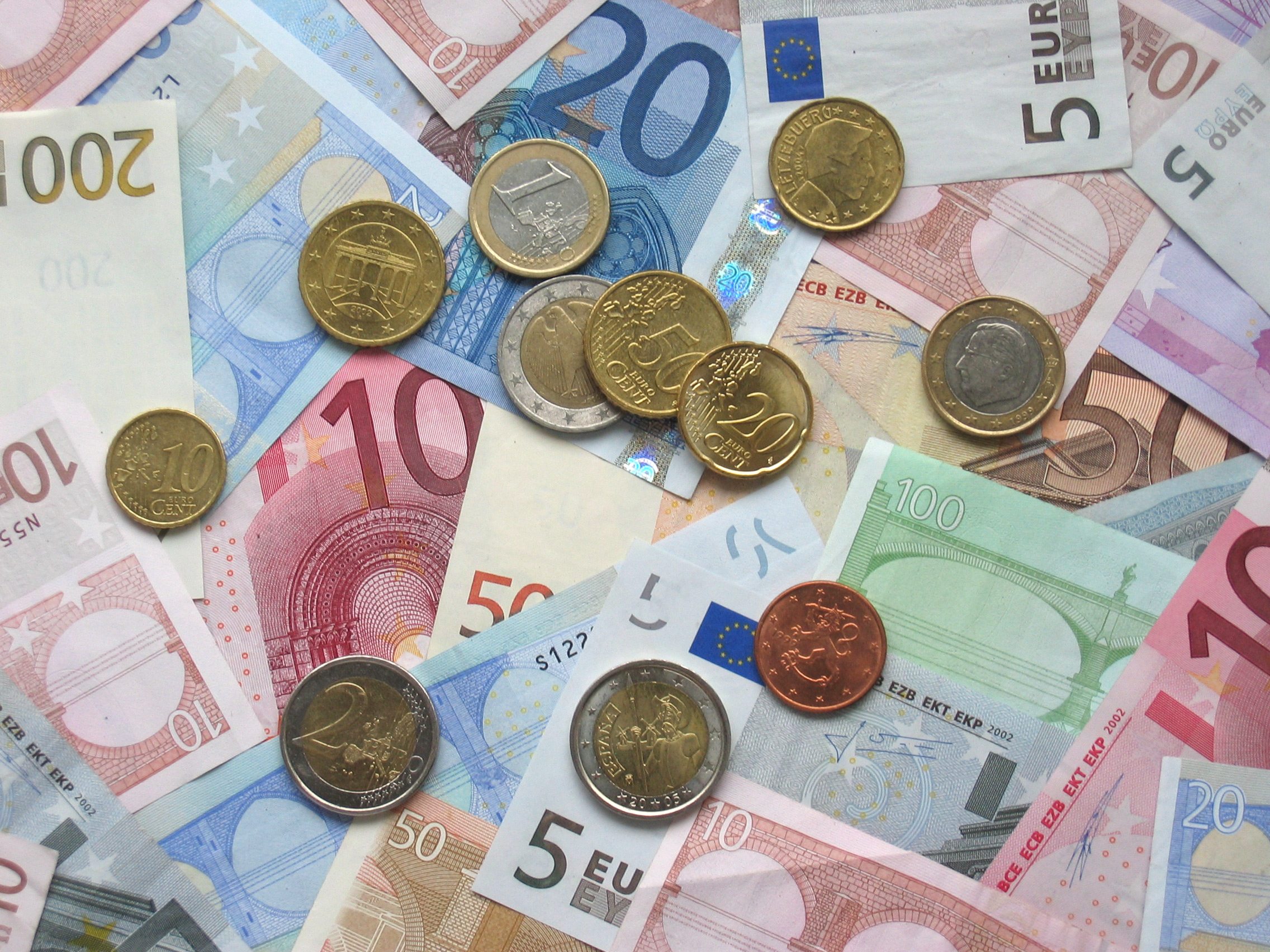The euro hit a day’s low of $1.737 after the release of the ECB minutes from its September meeting, down 0.2 percent against the dollar and heading back toward a seven-week low of $1.169 hit earlier this week. EUR=
This will be uncomfortable for the many investors who have staked vast sums on its rise.
The amount of cash hedge funds are staking on a rising euro is the biggest in more than five years, the latest positioning data from the Commodity Futures Trading Commission showed.
There were some eye-catching moves elsewhere in currency markets as economic and political concerns at one stage knocked half a percent off the Australian dollar AUD=, the South African ZAR= rand and the British pound GBP=.
Meanwhile the dollar was up 0.2 percent against a basket of major currencies .DXY on Thursday, having slipped a bit on Wednesday after a survey showed hiring slowed to an 11-month low of 135,000 [USADP=ECI], partly to disruptions from hurricanes, although this was better than economists’ median forecast.
Economists expect Friday’s non-farm payrolls report, one of the most closely watched pieces of economic data in financial markets, to show a similar slowdown.
They estimate a payroll increase in September of 90,000, substantially lower than the average over the past year of around 175,000, though some say investors may need to pay attention to state data due on Oct. 20 to exclude the impact from hurricanes.
Euro zone stocks .STOXXE more broadly steadied from a wobble on Wednesday, but with public holidays across Asia and some key data due from the world’s largest economy the United States coming up later this week, an index of global stocks edged down. .MIWD00000PUS
The ECB’s plans to map an exit from an era of ultra-easy monetary conditions could be complicated by the euro’s strength, while uncertainty over who will succeed Janet Yellen at the helm of the U.S. Federal Reserve is also keeping investors occupied.











